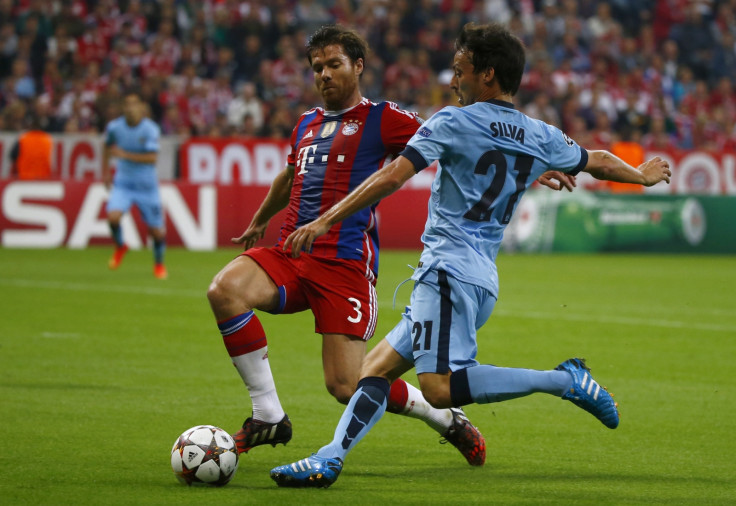Angel di Maria Manchester United transfer is the root cause of Real Madrid crisis

The elimination of Real Madrid in the Champions League, just a few days after saying goodbye to the domestic title, has led to fervent criticism of Carlo Ancelotti and his galaxy of star players.
While some debate the Italian manager's soft approach to his players, his inconsistent 4-3-3 formation and his reluctance to rotate, other fans point the finger of blame at Iker Casillas and the diffident, wasteful performances of Gareth Bale as principal factors. The strange propensity of Cristiano Ronaldo to disappear in big games, and of course the injury to Luka Modric, have also been cited as major reasons behind Real's week from hell.
But the reality is that Real's disastrous end to the season stems from the squad revolution instigated during the summer. Angel di Maria, Xabi Alonso and Florentino Perez were the key protagonists.
It all started with the sale of Di Maria to Manchester United (a deal as brilliant economically as it was disastrous on the field) and continued with the surprising last-minute exit of Alonso to Bayern Munich (which was crazy in every sense). Ancelotti had built a machine of near-perfection to win the tenth Champions League, only to find it sabotaged by his own president.
The solution of Perez, placing himself in the role of president, sporting director and coach all at the same time, was the same as the one he found at the height of the Galactico era. Swapping the balance of Alonso and Di Maria for the talent of Toni Kroos and James Rodriguez was a re-run of the decision to ditch Claude Makelele and replace him with David Beckham back in 2003. Perez opted to swap a defensive and a box-to-box midfielder for two converted No.10s, just as he once ditched his French pivot for the glamour of football's most dashing icon.
The solution has been a team which would be difficult to beat on the PlayStation, but is seriously unbalanced in real life. A team of flat-track bullies which thrashes the minnows but comes unstuck when stronger teams exert the slightest pressure (as demonstrated by the dropped points against Barcelona, Valencia, Atletico Madrid and Sevilla).

Florentino, guided by the passion of a fan rather than the hard-headed sense of a sporting director, has created a team in which the first XI is non-negotiable (the fabled trio of Bale, Benzema and Ronaldo, and eight others). The team comprises four defenders (two of them, Marcelo and Carvajal, are better going forward than back); three talented creative midfielders (with notional tactical duties)' and a front three of boundless talent but little defensive inclination and scant regard for the demands of a pressing game.
Sadly for Florentino and his dream team, football has once again proved that 11 world stars can be a great publicity tool, but they don't create a team.
Yes, Kroos is probably a better player than Xabi Alonso and James can reach a higher level than Di Maria. But the Colombian is not suited to a central role (although he has been Real's best player for large parts of the season), and the German is not a defensive midfielder. The only time Kroos has been able to hide his tactical shortcomings came at the start of the season, when an injury to Bale ushered Isco into the team and ensured Real's lack of discipline in midfield was briefly concealed by a mountain of possession and sheer weight of numbers in the centre of the pitch.
With Di Maria and Alonso in the team, Real had a perfect balance between defence and attack. Ancelotti appeared to be the reincarnation of the much-missed former coach Vincente del Bosque, Casillas was less exposed to rivals' bombardment and even Bale had more liberties to cover his laziness with goals. Last summer's business seemed great at the time, but how Florentino must wish he could turn back the clock now.
© Copyright IBTimes 2025. All rights reserved.






















